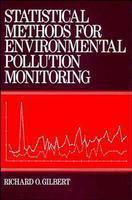 9.0%OFF
9.0%OFF

Download App
| >> | LShop | >> | Book | >> | Computing & Informat... | >> | Information Technolo... | >> | Statistical Methods ... |
 9.0%OFF
9.0%OFF
Statistical Methods for Environmental Pollution Monitoring
-
ISBN
:
9780471288787
-
Publisher
:
John Wiley & Sons
-
Subject
:
Information Technology: General Issues, Computer Science
-
Binding
:
Hardcover
-
Year
:
1987
₹
41187.0
 9.0% OFF
9.0% OFF
₹
37480.0
Buy Now
Shipping charges are applicable for books below Rs. 101.0
View Details(Imported Edition) Estimated Shipping Time : 25-28 Business Days
View Details-
Description
This book discusses a broad range of statistical design and analysis methods that are particularly well suited to pollution data. It explains key statistical techniques in easy-to-comprehend terms and uses practical examples, exercises, and case studies to illustrate procedures. Dr. Gilbert begins by discussing a space-time framework for sampling pollutants. He then shows how to use statistical sample survey methods to estimate average and total amounts of pollutants in the environment, and how to determine the number of field samples and measurements to collect for this purpose. Then a broad range of statistical analysis methods are described and illustrated. These include:* determining the number of samples needed to find hot spots* analyzing pollution data that are lognormally distributed* testing for trends over time or space* estimating the magnitude of trends* comparing pollution data from two or more populationsNew areas discussed in this sourcebook include statistical techniques for data that are correlated, reported as less than the measurement detection limit, or obtained from field-composited samples. Nonparametric statistical analysis methods are emphasized since parametric procedures are often not appropriate for pollution data. This book also provides an illustrated comprehensive computer code for nonparametric trend detection and estimation analyses as well as nineteen statistical tables to permit easy application of the discussed statistical techniques. In addition, many publications are cited that deal with the design of pollution studies and the statistical analysis of pollution data. This sourcebook will be a useful tool for applied statisticians, ecologists, radioecologists, hydrologists, biologists, environmental engineers, and other professionals who deal with the collection, analysis, and interpretation of pollution in air, water, and soil.







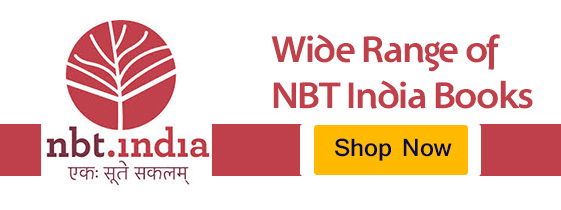




 37480.0
37480.0








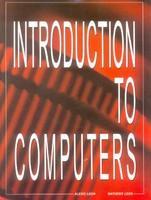

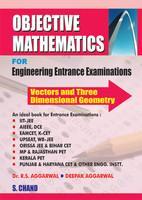
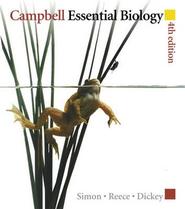
 0.0
0.0